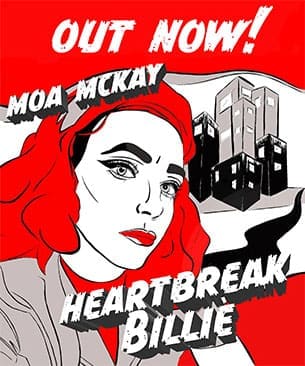It’s hard to know where to begin with JPEGMAFIA. Much of the ink spilt – really, keys clicked – in the wake of his 2018 release Veteran traffics both insightfully and tiresomely in the determinisms of his Wikipedia biography. Peggy, as he goes by in his lyrics, was born in New York to Jamaican parents; hardened by the explicating of racism in an adolescence spent in the Deep South; incited by the persistent hypocrisies of abuse in the rigid pyramid of the American Air Force, which stationed him by turns in Iraq, Japan and Germany; and fermented in the verse of the Baltimore underground. Between the heres and theres, he picked up affinities for Throbbing Gristle, Black Flag and, most impactfully, in Peggy’s own admission, Ice Cube. He also holds a master’s degree in journalism.
That factsheet aside, there’s another interesting tidbit to take as a point of entry buried in his new compound noun of a name. Let’s deconcotenate. Per the experts from whom it takes its extension, a .JPEG is a means of compressing pictures that renders them fitter for storage and internet transmission, or a mitigater of friction in the communication of billions of bits; thus, after a fashion, a pointing and smoothing and belting of bullets. The mafia, oft-quipped as ‘La Cosa Nostra,’ is more familiar, if equally cryptic, as a criminal syndicate born of Sicily and metastasized to the United States that is notorious for its instrumentalization of violence and, via fear thereof and the promise of its riches, its corrupting political influence. While the mafia’s claim on the weak ethics of pop culture has been the ruthlessness of its killings and those of its sibling iterations, as romanticized in the grisly ‘hits’ of The Godfather trilogy, Gomorrah, Goodfellas, A Bronx Tale, et al and ad nauseum, physical brutality is simply a conduit for conducting efficient business – murder keeps the wheels greased for influence peddling, loan sharking, pimping and money laundering. Curiously and crucially, among the families branched in the United States, if not between their Italian peers, it seems that the worst of the mafia’s sins have been reserved for mob members that cheated the corporate code, such as narcotics dealers and traitors.
For whatever it’s worth, this amateur etymologizing might lend itself to a more potent, if no more open, lens of scrutiny. The munitions of Peggy’s music – the staccato percussion, the explosions that propel growls into shouts, the sting of his boasts and taunts – are instruments of forceful coercion. Each clip delivers an image and they pile up high, one negative atop another on upward, to become boldly and darkly opaque, meme variants of Rothko’s black canvasses. Their M.O. and bottom line is an assault on the cliques that build, refurbish and profit from their own structures of extortion, especially those Americans, sparing neither fig-leafing neoliberals nor dog-whistling conservatives, that racketeer in the Faustian contract of white supremacy. His is a kind of vigilante justice, and in the midst of so much public hand wringing about appeasing oppression, it is refreshing to catch an advocacy of disharmony, to hear ardently that power’s inner demons ought to be fought on their own terms, down in the dark and the sulfur, fire with fire.


